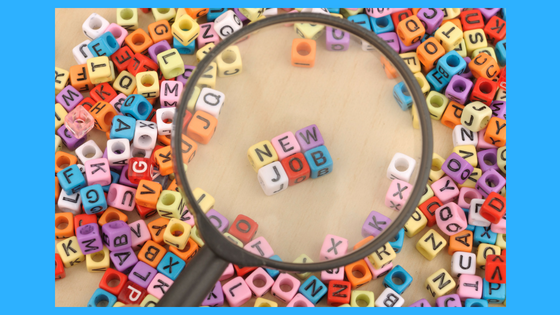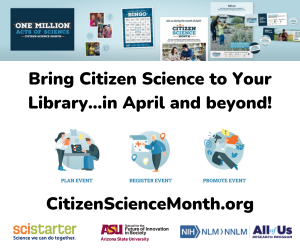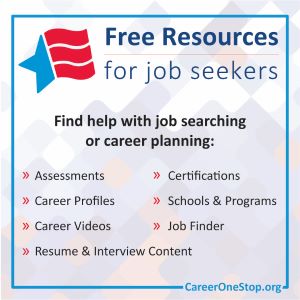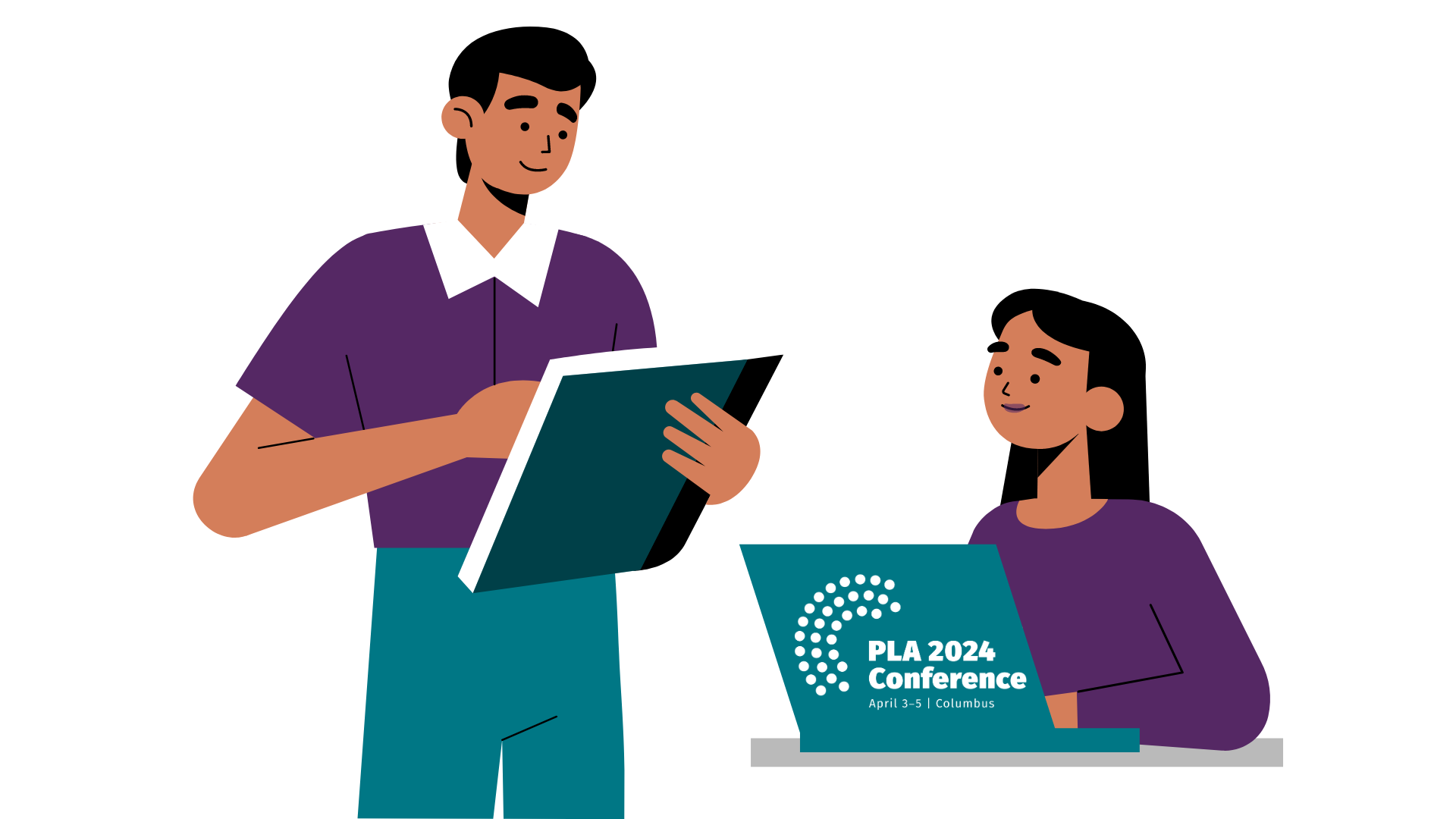New Job? New Library? What Do You Wish You Knew?

Lately it seems that many of our library colleagues are landing new jobs as directors or in mid-level management. As a result there have been many discussions about ‘what they wished they knew before they began their new job.’ This caused us to consider this idea. How do you know what you need to know, when you move to a new library and how do you find the information?
Unwritten rules – Every culture has them, and a library work environment is no different. Is it something simple like the same person has sat in the same seat during lunch for 20 years and you shouldn’t sit there? Or is it something bigger? Does one of the library’s big children’s events have to be within a one week period of time every year so as not to conflict with other annual activities in the community? How do you find out what you need to know? Your first choice will be long time staff. They have the most institutional knowledge. They will be able to give the explanation of how things came to be. Sometimes it isn’t librarians but administrative or maintenance staff who can explain why things are the way they are. Many of these folks have been at the library for the long haul and have seen librarians and directors come and go over the years. They are often overlooked but most often are a font of institutional knowledge and cautionary tales.
Staff Leaders – Frequently the people who are labeled leaders of the staff, like managers, aren’t truly the people the staff looks to for leadership. As we alluded before is it the administrative assistant or the custodian who are the true leaders of the organization? Those are the people you need to learn from and also teach them about what you are trying to do. There will always be staff who hold a tremendous amount of influence with their co-workers. The key is to use that to your advantage. You need cheerleaders for your cause, and these leaders can help you. More often than not YRS (years) trumps MLS.
Community Leaders – This should be easy, in theory. The community leaders are elected officials and those in leadership positions throughout the community. But are they really? Your coworkers will know where the true power in the community resides. Is it with school secretaries when youth services staff have to figure out how to bring their literacy message into the school? Is it with the administrators of local Facebook groups who provide a major way that news in the community is spread? Is it the people who run or coach youth sports because everyone in town gathers on Friday night for football games? Your coworkers can help you learn about and meet the people who you need to work with in order to get things for your part of the library accomplished. Showing that you respect your coworkers’ expertise and knowledge in the community can go a long way in getting them to help you accomplish your library’s goals.
Power Users – This could also be a term for the patrons who are in the library all the time. Are they volunteers? Do they go to story time every week? Do they come in to read the newspaper every day or use the computers? These are the people who use the library’s services extensively. How will these people help you learn about the library you are now a part of? Ideally your staff will be introducing you to people who use the library all the time. Sometimes these people are all too willing to share exactly what they think of the library, the good and the bad. Other times they are reticent to talk because they may be trying to decide if the new person is “okay.” Give people time, and they will likely come around to talking to you.
All of these different areas work together to provide a more complete picture of the library you are now a part of. They have their own interests, concerns, and rules to bear on the library. Looking at all the parts can give you ideas about changes that could be made to make the library better. It also can give insight into why things are done the way they are — which may seem backwards to you. The best way to learn about your new library is to listen, and take notes!
Tags: new library job







